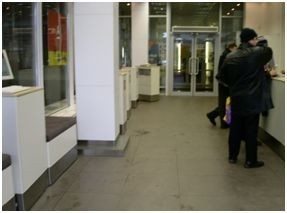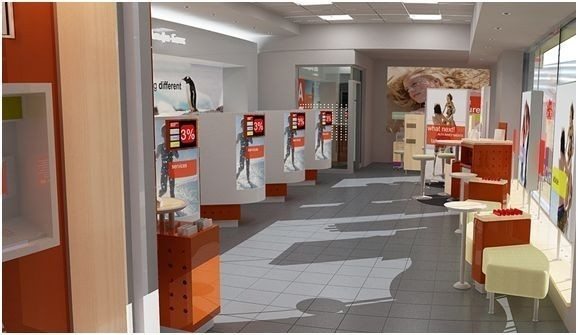
It’s the third week of November and usually I’m off to the USA for a tradeshow.
Not this year.
My usual American show took place earlier this year and so I missed it and, instead of going to the US of A, I’m Back in the USSR.
Or Russia as it is today, as there is no longer a Union of Soviet Socialist Republics.
Russia today is a thriving economy of diverse ethics and structures.
I got an invite to visit and thought, why not?
Moscow - a city I never thought I would ever get to visit. Mind you, I thought the same about cities such as Berlin, as a European child growing up in a world with a Cold War, but no more. The Berlin Wall came down twenty years ago and now Berlin and Moscow are open for tourism.
Perestroika, Glasnost and dos vedanya, Moscow here we come.
Recently there have been fascinating developments in Russia.
Joininf Brazil, China and India, it was recognised as a BRIC tiger economy of the 2000s, pulling up the britches of all regions, nations and countries as a supplier of commodities and resources to the world, particularly oil and gas.
Russia’s turnaround was best illustrated for me by a friend of mine, who redesigned all the branches for one of Russia's largest retail banks: Alfa Bank.
Alfa Bank a decade ago had these cold, unwelcoming branches. Grey and horrible.
Until recently, I thought all of Russia was still like that with queues being the prominent way of life and ‘customer service’ being as likely as transparent goverment.
Wrong.
Here’s the old way of Alfa Bank:
Post-design, here’s the new way:

The bank is now on the leading edge of any bank in the world.
By way of example, here is one of the adverts for Alfa Bank from four years ago:
Four years ago, Alfa Bank was text messaging its customers with card transaction information ... and yet I’m lucky if my bank will do that for me today.*
Nevertheless, it’s not all rose tinted glasses and sunny days as, since the credit crisis began, Russia has seen a lot of its wealth disappear. Many of the new Russian billionaires have lost half of their fortunes in the last year alone.
So I’m interested to see what life is like in Russia today.
BTW, if you’ve only just caught up with the BRIC economies then you may want to read this week’s Economist and also note the MIC economies. MIC is Mexico, Indonesia and Chile: the next tiger economies of the world ...
* True story:
I rang my bank and said I would be in Moscow this week as they usually put a fraud alert on my account when I try to use my card at an ATM overseas.
The only way to clear the fraud alert is to call the bank at high cost on my mobile, and it really bugs me as they seem to set this alert on my account almost every time I travel.
The alert blocks my card and means that I can’t get cash, and cash is nearly always a requirement in the BRIC economies where 90%+ of transactions are cash-based.
So I call the bank to alert them that I’m off to Moscow and the bank says: “calling us makes no odds I’m afraid. The fraud alert may still occur. It’s built into the system.”
I ask if they can clear the fraud alert with text messages instead of having to call them myself on an expensive, $2 per minute mobile call. Answer: “no sir. We don’t have that facility at the moment.”
Chris M Skinner
Chris Skinner is best known as an independent commentator on the financial markets through his blog, TheFinanser.com, as author of the bestselling book Digital Bank, and Chair of the European networking forum the Financial Services Club. He has been voted one of the most influential people in banking by The Financial Brand (as well as one of the best blogs), a FinTech Titan (Next Bank), one of the Fintech Leaders you need to follow (City AM, Deluxe and Jax Finance), as well as one of the Top 40 most influential people in financial technology by the Wall Street Journal's Financial News. To learn more click here...

